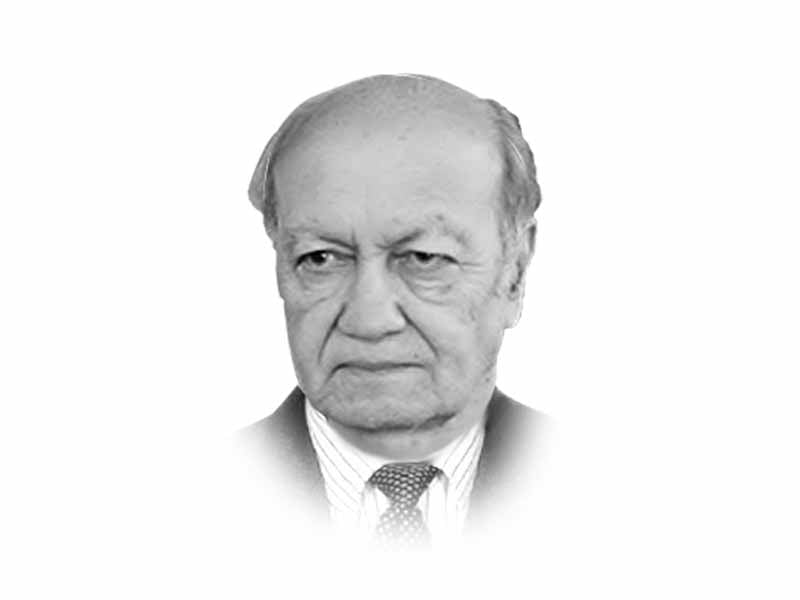
The recent wave of violence and protests in Bangladesh is clearly one of its worst in recent history. Scores of people were killed and hundreds injured. In order to restore peace and order, the government clamped curfew nationwide, closed internet services and imposed several draconian measures. It is a sad reflection on the leadership and a stark reminder that Bangladesh, born as a result of a resistance movement in the Pakistan in the 1970s led by ousted PM Sheikh Hasina’s father Mujibur Rehman, would engage in ruthless suppression of a genuine people’s movement for restoration of democracy.
What is more disturbing is that practically all of previous four elections wherein Hasina returned as PM, including the one in 2018, were marred with violence; boycotted by the main opposition Bangladesh Nationalist Party (BNP) and others; and widely criticised as being rigged. The ailing BNP leader Khaleda Zia — who served as prime minister from March 1991 to March 1996 and is under house arrest — has been ordered released by President Mohammed Shahabuddin.
This time the violence in Bangladesh went out of control, with student protesters in sync having launched a civil disobedience movement. Most critical is that the army command is unwilling to support Hasina fearing that it would lose credibility and possibly face the people’s wrath. Hasina, the so-called iron lady, was left with no option but to abscond and find refuge in another country. This is the fate dictators and corrupt politicians generally experience that we have witnessed in most countries including our own. The irony is that Hasina came to power after her father Mujib-ur Rehman’s assassination to ensure continuity of democracy and promoting stability. But during her tenure as PM, Bangladesh experienced serious weakening of democratic values. Several politicians and journalists opposed to her views were punished and remained under constant threat of imprisonment. And Human Rights Watch documented widespread enforced disappearances and extrajudicial killings under her government. Hasina curbed press freedom and Reporters Without Borders gave a negative assessment of her media policy since 2014. There were several accolades as well. Hasina was among Time’s 100 most influential people in the world in 2018, besides being listed as one of the 100 most powerful women in the world by Forbes in 2015, 2018 and 2022. Her high ratings may have encouraged her to consolidate her unbridled power.
Under Hasina, Bangladesh’s relations with Pakistan remained under total freeze. Any change in policy toward Pakistan will depend on the new leadership. Although Hasina has sown extreme hatred and bad blood against Pakistan that may not be easy to erase soon. Pakistan’s best policy in the present circumstances is wait and watch.
With improvement in relations possibilities of trade and commercial activity are likely to increase. A surge in exports/imports and exchanges of businessmen and industrialists will be in the interest of both countries. Travel between the two countries should be facilitated by increasing the PIA and BD airline flights. Cooperation at the regional and international level at the UN and other bodies is expected. Pakistan values its relations with Bangladesh and this is across the political divide. It is expected that once the situation stabilizes, Bangladesh leadership will move toward more political contacts and economic linkages.
India must be closely watching the latest developments in Bangladesh. Both countries would like to give a boost to trade and cooperate on issues of migration and trafficking. Bangladesh’s interest lies in having a smooth relationship with India and it is expected that the new leadership will work toward its promotion. Bangladesh’s stability is vital for the region. If the wave of violence continues then Assam and adjoining Indian states will be flooded with refugees, as has been the case in the past. Indian leadership is closely watching developments in Bangladesh and is taking measures to further strengthen the border.
What gives hope is that the resignation of Sheikh Hasina and her opting for exile has calmed the situation. The announcement that the President has decided to free ailing former PM and opposition leader Khaleda Zia also contributed to reducing tension. It is to be seen as to how these major developments will facilitate democratic development and whether the alternate leadership will be in a position to steer the country towards normality. One of the major factors in Bangladesh’s instability has been a one-party rule and suppression of dissent.
Whereas the army leadership has stayed away from capturing power, disturbed political situation and huge demonstrations paralysing normal activity do compel it to intervene and play a critical role in influencing events. It is ironical that the same political party’s leadership that takes pride in ousting the army from power seeks its support to regain power and quell disturbances. This is a clear reflection that there has been a serious slide in democratic values.
It should also be a matter for serious reflection as to why so many Muslim countries have been unable to transit to democratic rule or are facing serious political instability. They rely more on the army and security organisations to maintain power instead of drawing it from the people. This has retarded their progress and made them more dependent on major global powers for making critical policy decisions. By crushing the opposition, they leave all options for a smooth transition. One of the major reasons for Muslim countries lagging behind in democratic development is the continuation of monarchies. If the leadership of Muslim countries is serious in actualising the full potential of its human and natural resources, it has to seriously focus on education so that its people can keep pace with the fast-changing technological and scientific developments.
These changes, however, cannot be made in isolation and require a more comprehensive improvement and transformation in other elements of national power. The future lies in how receptive the leaders are to these compulsions for progress and prosperity.

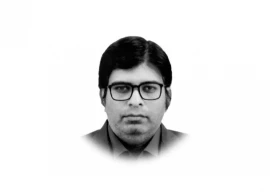





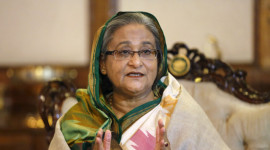
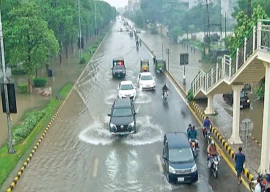
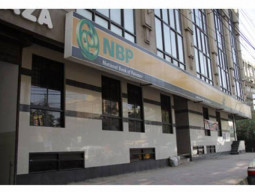
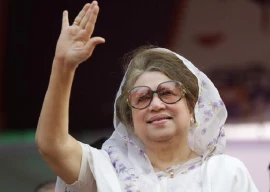

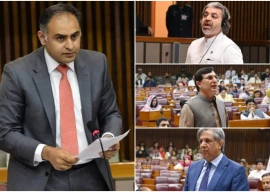
COMMENTS
Comments are moderated and generally will be posted if they are on-topic and not abusive.
For more information, please see our Comments FAQ